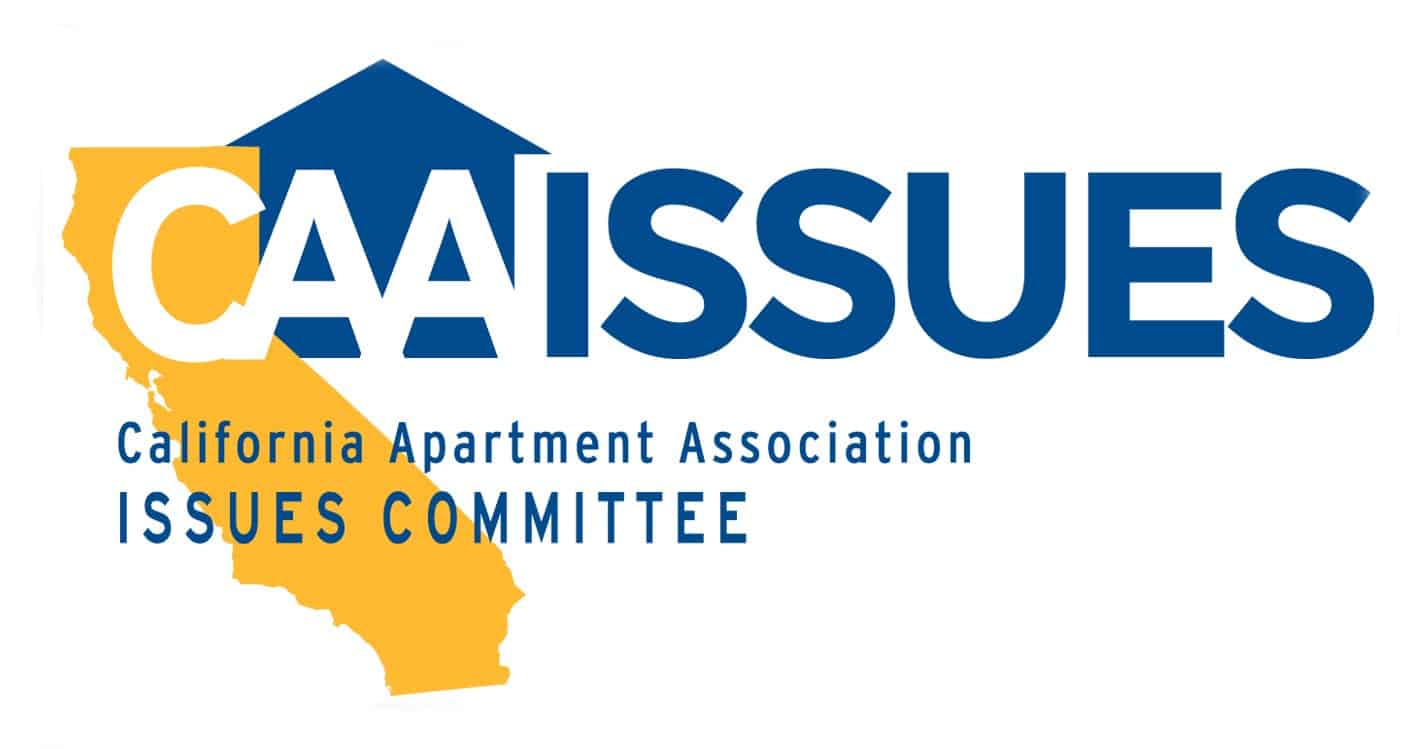Aug. 28 update: CAA revises screening-related forms to comply with state Supreme Court ruling
In light of a California Supreme Court ruling this week, tenant-screening companies and landlords will want to review their procedures for vetting prospective renters.
The state Supreme Court on Monday issued its decision in Connor v. First Student, and while the case that dealt with the use of investigative consumer reports in the employment context, it will have ramifications for the rental housing industry.
Because of the ruling, landlords, employers and consumer-reporting agencies must now follow the procedures for “investigative consumer reports” when seeking and providing unlawful-detainer eviction reports and criminal background checks.
From a landlord’s perspective, this will require obtaining additional consent from applicants and providing additional disclosures.
The California Apartment Association is working to update forms and procedures to comply with the more extensive requirements of the Investigative Consumer Reporting Agencies Act.
Landlords who use unlawful-detainer eviction reports or criminal background checks should seek confirmation from their attorney as to whether the procedures used by the landlord and their tenant screening company comply with the requirements for investigative consumer reports.
Significant minimum penalties apply to landlords who do not comply with the law.
Updates and additional information will be provided at caanet.org as they become available.

